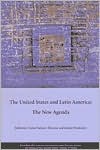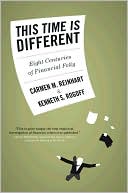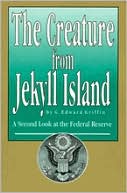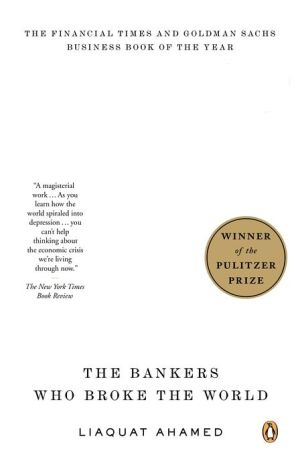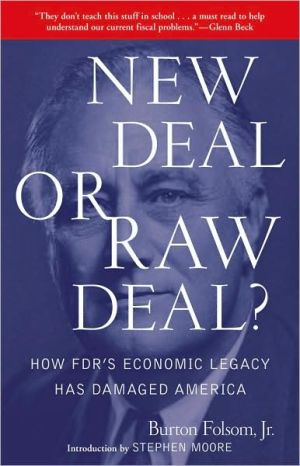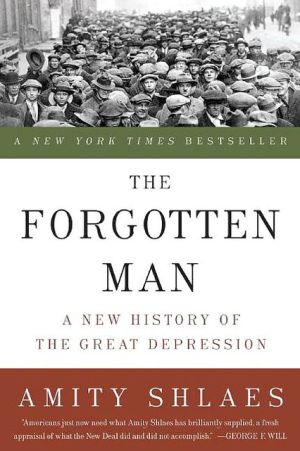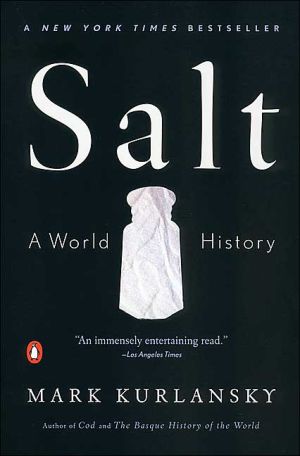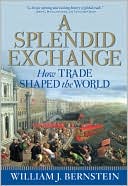The United States and Latin America: The New Agenda
The end of the Cold War removed hemispheric security from the top of the agenda of U.S.-Latin American relations. Democracy, trade and investment, drugs, and migration rose in importance. Pressures to eliminate the anachronistic U.S. embargo on Cuba increased. The new agenda also includes Latin America's growing ties to the countries of the European Union and other regions. This book contains fifteen essays by distinguished U.S., Latin American, and European scholars on each of these issues,...
Search in google:
The end of the Cold War removed hemispheric security from the top of the agenda of U.S.-Latin American relations. Democracy, trade and investment, drugs, and migration rose in importance. Pressures to eliminate the anachronistic U.S. embargo on Cuba increased. The new agenda also includes Latin America's growing ties to the countries of the European Union and other regions. This book contains fifteen essays by distinguished U.S., Latin American, and European scholars on each of these issues, framed by overviews of the changing historical context from the nineteenth century to the end of the Cold War. Authors include such notables as Harvard scholars John Coatsworth, Jorge Domínguez, and Marcelo Suárez-Orozco; European academics such as editors James Dunkerley and Victor Bulmer-Thomas; and Latin American intellectuals such as Eduardo Gamarra and Rodolfo Cerdas-Cruz. George Vickers - Times Literary Supplement In some of the best essays, [the book's contributors] provide detailed analyses of the ways in which the counter-narcotics drive of the US generated resentment and undermines nascent democratic institutions in Mexico, Colombia and Bolivia. Elizabeth Joyce's superbly nuanced account of the US drug policy helps us to understand the inconsistencies and apparent irrationality of the annual 'certification' process, in which the US unilaterally grades countries on their cooperation with the drug war and imposes sanctions on those who fail the test.
AcknowledgementList of ContributorsList of TablesList of FiguresPt. IOverviewCh. 1The United States and Latin America in the Long Run (1800-1945)3Ch. 2US-Latin American Relations during the Cold War and its Aftermath33Ch. 3The European Union and the Americas51Pt. IITrade and DemocracyCh. 4Trade Relations in the Americas: MERCOSUR, The Free Trade Area of the Americas and the European Union75Ch. 5Trade, Investment and NAFTA: The Economics of Neighbourhood99Ch. 6United States Foreign Relations and the Promotion of Democracy in Latin America123Ch. 7The United States and Democracy in Mexico141Pt. IIIDrugs and MigrationCh. 8Hooked on Drugs: Colombian-US Relations159Ch. 9The United States and Bolivia: Fighting the Drug War177Ch. 10Packaging Drugs: Certification and the Acquisition of Leverage207Ch. 11Latin American Immigration to the United States227Pt. IVCubaCh. 12Cuba's Economic Transformation and Conflict with the United States247Ch. 13The Cuban External Sector in the 1990s267Ch. 14The Politics of the Cuban Diaspora in the United States287Ch. 15Conclusions311Bibliography327Index349
\ ChoiceWithout exception, the articles are of high quality and should be of interest to a wide variety of scholars interested in Latin America.\ — J. S. Robey\ \ \ \ \ \ Foreign AffairsAn interesting and provocative discussion of the U.S.-Latin American relations from a largely European perspective. This fine collection of essays brings together senior American scholars, such as John Coatsworth and Jorge Domínguez, with British and Latin American experts. The book's strength lies in its strong contextual approach, underscoring the historical continuities in U.S. behavior toward Latin America.\ — Kenneth Maxwell\ \ \ \ Times Literary SupplementIn some of the best essays, [the book's contributors] provide detailed analyses of the ways in which the counter-narcotics drive of the US generated resentment and undermines nascent democratic institutions in Mexico, Colombia and Bolivia. Elizabeth Joyce's superbly nuanced account of the US drug policy helps us to understand the inconsistencies and apparent irrationality of the annual 'certification' process, in which the US unilaterally grades countries on their cooperation with the drug war and imposes sanctions on those who fail the test.\ — George Vickers\ \ \
